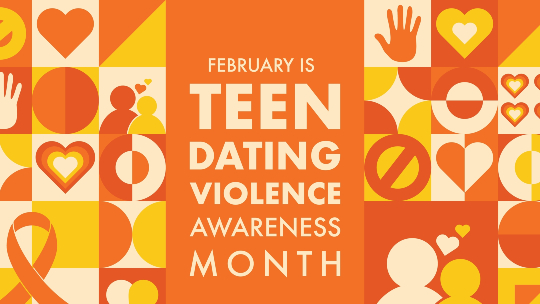In a single week, nearly 3,000 pounds of sunscreen are deposited in the reef at Hanauma Bay. Sun protection is essential, but that’s over 150,000 pounds of sunscreen in our water per year. And most of it contains two dangerous chemicals: oxybenzone and octinoxate, which bleach our coral reefs when they wash off into the ocean.
Hawaii made national news with the approval of SB2571, which bans the sale and distribution of sunscreen containing oxybenzone, octinoxate, or both. It may look like rock on the ocean floor, but the reef is alive and it’s home to more than 7,000 species of marine life. In Hawaii, we’ve seen more and more of our reef dying every year for the past two decades. Right now, SB2571 awaits Governor Ige’s approval, but if it becomes law, Hawaii will be the first state in the nation to ban reef-harming sunscreen starting in January of 2021.

So what does this mean for your summer beach plans? Well, besides swimming without a chemical sheen on the water, it means it’s time to try a new sunscreen. Reef-safe sunscreen isn’t available everywhere yet, but you can start by looking at your local health food store. Since Hawaii is leading the charge, there are an abundance of local choices. If want to stop polluting right away and you live on Hawaii Island, you can turn in your old sunscreen and for safe disposal.
Choosing a new sunscreen is a good chance to learn about what you’re putting on your skin. When it comes to SPF, higher isn’t necessarily better because it can create a false sense of security. All sunscreens need to be reapplied every two hours or less. None block all UV rays, but the higher the SPF, the less light gets through. Look for a sunscreen with an SPF of at least 30 and broad spectrum protection to protect against both UVA and UVB rays. And, of course, look for one without oxybenzone and octinoxate.
Hawaii is making waves in the right direction. We’re creating a healthier environment so that our residents, visitors, and wildlife will flourish.




